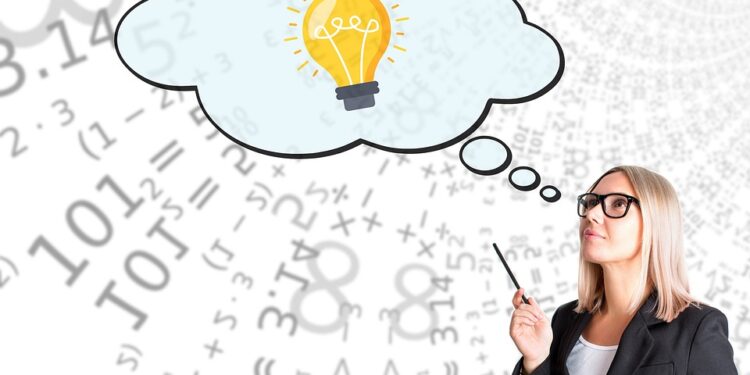AI Solutions for Better Work-Life Balance
In today’s fast-paced and technology-driven world, achieving a healthy work-life balance can be a significant challenge. The demands of work, family, and personal life can often feel overwhelming, leading to stress, burnout, and a decreased quality of life. This is where artificial intelligence (AI) solutions can play a crucial role in helping individuals manage their time more effectively, prioritize tasks, and ultimately achieve a better work-life balance.
AI technology is rapidly advancing and has the potential to revolutionize the way we work and live. From virtual assistants to smart scheduling tools, AI solutions are becoming increasingly integrated into our everyday lives, offering a wide range of benefits for those looking to strike a better balance between work and personal responsibilities.
One of the key ways in which AI can help improve work-life balance is by automating routine tasks and freeing up time for more important activities. For example, virtual assistants like Siri, Alexa, and Google Assistant can help schedule meetings, set reminders, and even answer emails, allowing individuals to focus on more meaningful tasks that require human creativity and problem-solving skills.
In addition to virtual assistants, AI-powered project management tools can also help individuals better manage their time and prioritize tasks. By analyzing data and patterns in a user’s work habits, these tools can suggest ways to optimize productivity and streamline workflows, reducing the risk of burnout and increasing overall efficiency.
Another area where AI can make a big impact on work-life balance is in the realm of decision-making. AI algorithms can analyze large amounts of data and provide insights and recommendations that can help individuals make more informed choices about how to allocate their time and resources. This can be especially helpful for those who struggle with decision fatigue or feel overwhelmed by the constant demands of work and personal life.
Moreover, AI solutions can also help individuals better track their progress towards achieving their work-life balance goals. For example, fitness trackers and wellness apps can use AI algorithms to analyze data on an individual’s activity levels, sleep patterns, and stress levels, providing personalized recommendations for improving overall health and well-being.
In the workplace, AI can also play a crucial role in fostering a more flexible and supportive work environment that encourages employees to maintain a healthy work-life balance. For example, AI-powered scheduling tools can help managers better allocate tasks and resources, taking into account employees’ individual preferences and availability. This can help prevent overwork and ensure that employees have the time and space they need to recharge and maintain a healthy work-life balance.
In addition, AI can also help employers better understand and address the root causes of work-related stress and burnout. By analyzing data on employee engagement, job satisfaction, and performance, AI algorithms can identify patterns and trends that may indicate potential problems in the workplace. This can help companies implement targeted interventions and policies that promote a healthier work environment and support employees in achieving a better work-life balance.
Overall, AI solutions have the potential to revolutionize the way we work and live, offering a wide range of benefits for individuals seeking to achieve a better work-life balance. From virtual assistants to smart scheduling tools, AI technology can help automate routine tasks, optimize productivity, and support healthier ways of working that prioritize well-being and personal fulfillment.
However, it is important to recognize that AI is not a cure-all solution for achieving work-life balance. While AI technology can certainly help individuals better manage their time and prioritize tasks, it is ultimately up to each individual to set boundaries, take breaks, and prioritize self-care in order to maintain a healthy balance between work and personal life.
In conclusion, AI solutions have the potential to play a significant role in helping individuals achieve a better work-life balance. By automating routine tasks, optimizing productivity, and supporting healthier ways of working, AI technology can help individuals better manage their time, priorities tasks, and ultimately lead more fulfilling and balanced lives. However, it is important for individuals to also take responsibility for their own well-being and prioritize self-care in order to maintain a healthy balance between work and personal life.













